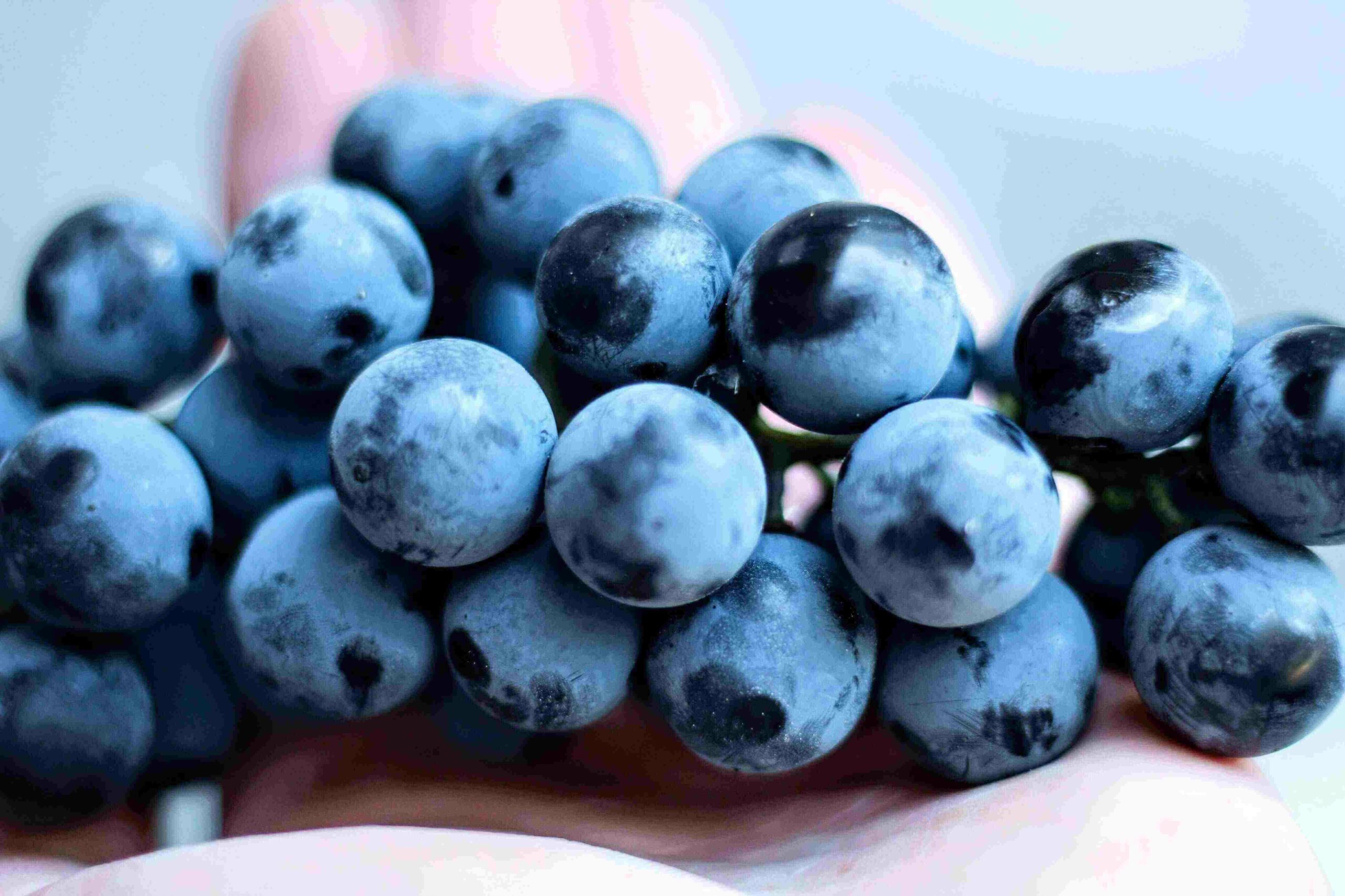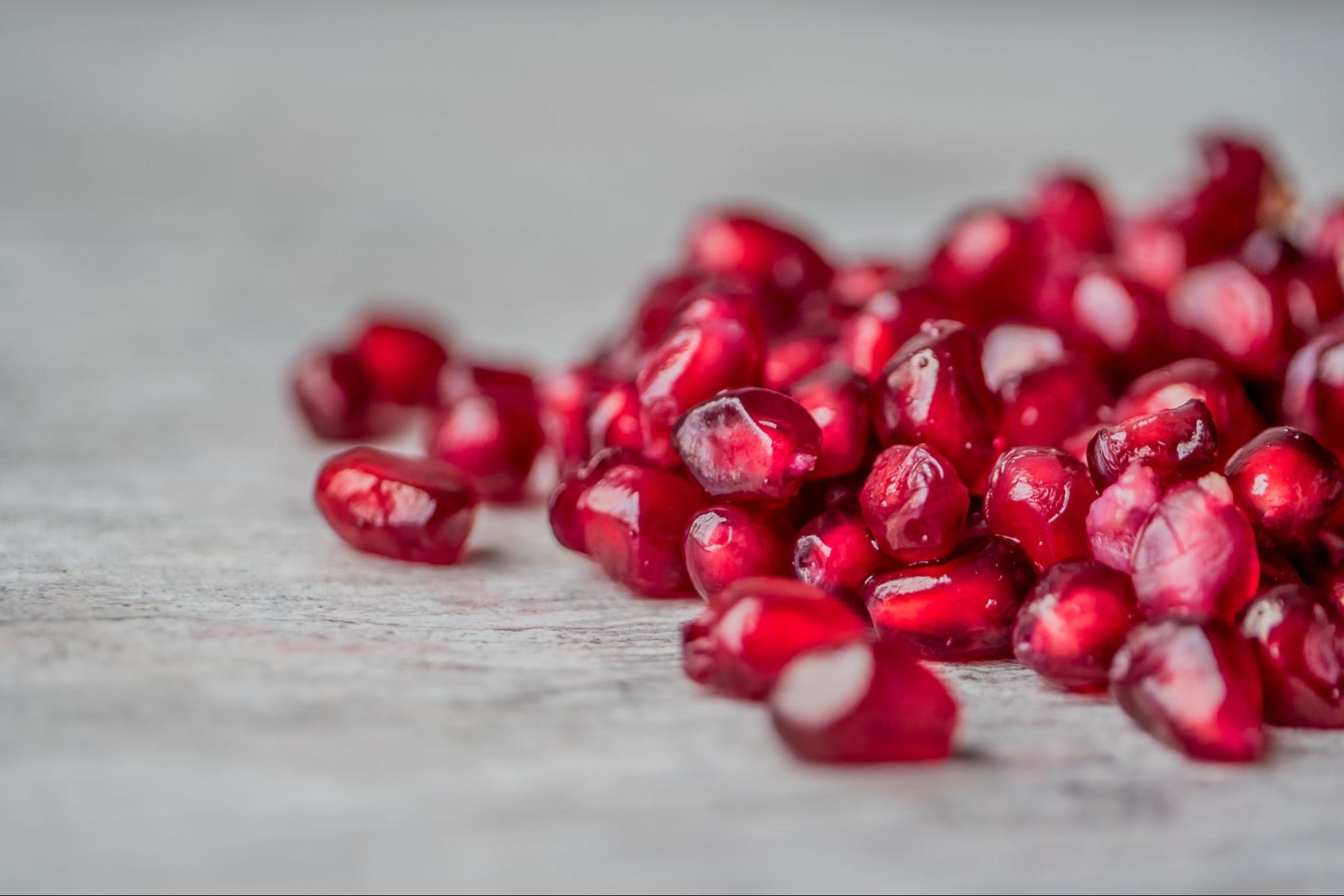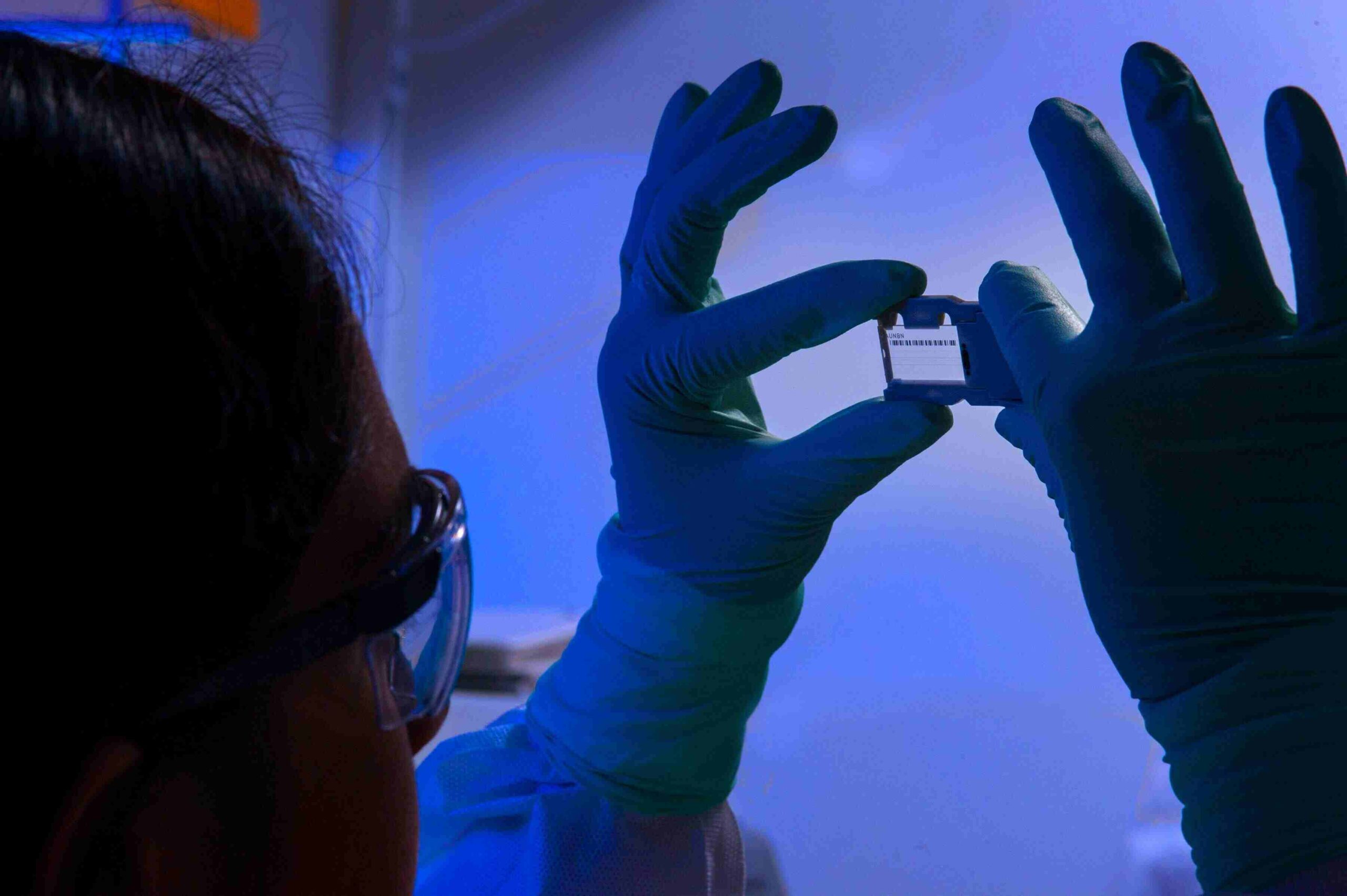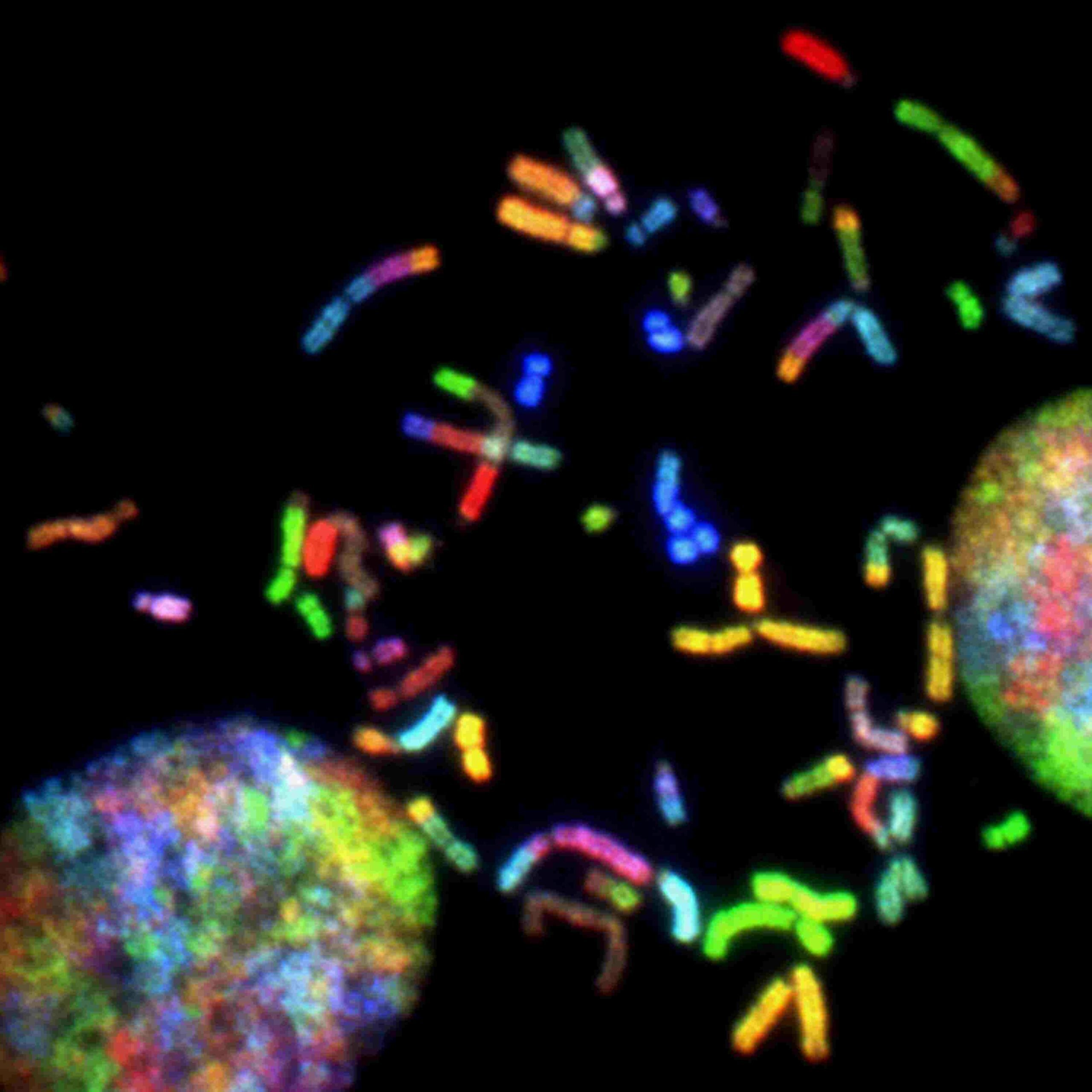Wouldn’t you like to know everything about resveratrol, but you aren’t sure where to start? Your journey has led you to the perfect place. Today, we are answering all your questions.
Let’s start with the main one:
What is Resveratrol?
Resveratrol is an antioxidant originating from plants and belongs to the stilbene group. Stilbenes are one of the four major classes of polyphenols, compounds that have attracted a lot of attention in recent years and are the focus of a vast number of scientific studies. Resveratrol is responsible not only for the enormous amount of dust that rises up behind its specific structure but also for the effects it causes in the human body.
In plants, this exceptional compound has a protective role. It protects plants from unwanted external influences, such as pollution, UV rays, and infections. In terms of human health, resveratrol is believed to help maintain heart and eye health, control diabetes and insulin resistance, and accelerate weight loss. However, before we continue, we need to explain the data about this compound. Namely, currently, there is not enough scientific evidence of the benefits of resveratrol. All benefits should be taken with a grain of salt.
Resveratrol Sources
When it comes to sources of resveratrol, one of the most famous facts is its association with grapes and red wine. Grapes, particularly red and purple varieties, have a high concentration of resveratrol in their skins. Berries, such as blueberries and cranberries, also contain significant amounts of this compound, contributing to their antioxidant properties. One of the tasteful sources is also peanuts.
| Fun fact: Did you know that resveratrol gained initial recognition due to its abundant presence in red wine? This discovery led to the “French Paradox”, an observation that despite a diet rich in fats, the French population has a relatively low rate of cardiovascular diseases. This paradox sparked curiosity about the potential health benefits of this noteworthy compound. |
Potential Benefits of Resveratrol for Human Health
While resveratrol is in the midst of scientific studies, it has shown significant clinical benefits in vitro and in animals.
Anti-Aging Effect
As we age, our cells’ biological functions gradually decline, and we become more susceptible to diseases. Aging often leads to the development of cardiovascular diseases, cancer, and type 2 diabetes, as well as other related conditions and diseases. Resveratrol is believed to reduce the negative effects of aging through multiple mechanisms, including regulation of oxidative stress, metabolism, and the activation of sirtuins, so-called longevity genes. Animal studies have shown that resveratrol can slow down the cellular processes that lead to aging and extend lifespan.
Eye Health Support
All cells in the body age in the same way, including eye cells. The most common eye diseases associated with aging are cataracts, diabetic neuropathy, age-related macular degeneration, and glaucoma. Thanks to its antioxidant and anti-inflammatory properties, resveratrol may slow down the development and progression of the diseases mentioned. Other than that, its capacity to enhance blood flow and vascular function could contribute to maintaining proper circulation within the eyes, supporting their vital functions.
Brain Protection
Cognitive performance declines as we age, increasing the risk of neurodegenerative diseases. Resveratrol is believed to slow down these processes through several mechanisms:
- by neutralizing free radicals, which are the main cause of damaged neurons
- by improving cerebrovascular blood flow
- by activating sirtuins, which are responsible for the reaction of cells to stress
- by stimulating the development of proteins that are crucial for the growth and maintenance of neurons
- by suppressing inflammation, which can disrupt brain function and lead to a decline in cognitive abilities.
The protective effects of resveratrol on brain health are attributed to its influence on these interconnected pathways.
Cardiovascular Health
Cardiovascular diseases, which encompass a wide range of conditions, have a profound impact on global health and are the primary cause of mortality worldwide. Oxidative stress plays a vital role in the development of these diseases. It contributes to the formation of atherosclerotic plaques and the pathological thickening of arterial walls, as well as cardiac hypertrophy, fibrosis, and cardiac insufficiency.
Through its antioxidant properties, resveratrol may slow down the progression of cardiovascular diseases. It also promotes vasodilation, which affects the regulation of blood pressure and the function of blood vessels. Interestingly, resveratrol can induce autophagy, a cellular process that involves the recycling of cellular components. Autophagy plays a crucial role in cellular renewal and energy production.
Blood Sugar Management
Certain studies show the effect of resveratrol on blood sugar control through complex mechanisms. Through activating the enzyme AMPK, it increases cell sensitivity to insulin. Besides, it accelerates carbohydrate digestion after meals. These findings imply that it could be extremely beneficial in controlling conditions such as insulin resistance and diabetes.
Inflammation Control
Inflammation is a complex biological process that occurs as a body reaction to inflammatory agents and foreign substances. Resveratrol’s impact on inflammation control entails a few mechanisms. One key mechanism by which resveratrol exerts its effects is through the inhibition of the protein complex NF-κB, a central mediator of inflammatory responses. That is how it attenuates the expression of pro-inflammatory cytokines and enzymes. This modulation suppresses immune-mediated inflammation, offering relief for conditions like arthritis and joint pain.
Weight Loss Assistance
In-vitro and animal studies show remarkable weight control effects of resveratrol. It achieves these beneficial effects in several ways:
Firstly, it enhances the insulin sensitivity of cells, as mentioned earlier, thereby influencing the regulation of appetite. It also activates sirtuins, which increase the function of mitochondria, cell organelles responsible for energy production. Resveratrol affects the function of adipocytes by slowing down their deposition and accelerating their decomposition in fat tissue. Lastly, resveratrol increases fat oxidation, allowing the body to use fat as an energy source.
Resveratrol Benefits for Skin
Resveratrol is gaining traction in the fields of medicine and dermatology. Its unique ability to penetrate the skin barrier and stimulate the production of collagen types 1, 2, and 3 has made it a popular dermatological choice. The antioxidant properties of this compound protect cells from the oxidative damage caused by UV radiation. These combined effects position resveratrol as a promising agent for maintaining healthy, youthful skin.
How to Choose the Best Resveratrol Supplement?
Resveratrol supplements represent an easy way to get the potential health benefits of this valuable compound. Available in a variety of forms, such as capsules, tablets, and liquid forms, these supplements cater to individual preferences. When selecting the best resveratrol supplement, it’s advisable to consider factors like the product’s purity, source, and the presence of additional ingredients.
If you are thinking of the best resveratrol supplement, Vana Health System is the right solution for you! Our high-quality formulas are based on essential polyphenols like resveratrol, quercetin, and urolithin A. Experience the benefits of improved sleep, stronger immunity, and reduced cellulite. Try Vana Health System today and unlock your potential for better health and performance!
Better health starts now!
Precautions and Dosing
There are no known side effects from taking supplements in the recommended daily doses (up to 2 g per day). At doses higher than recommended, it can cause nausea, vomiting, diarrhea, and liver problems in those with non-alcoholic liver disease.
Who Should Avoid Resveratrol?
There is also no official data on the effects of supplementation on pregnancy and lactation, so it is not recommended during these periods. The use of resveratrol supplements is also not advised for people who have bleeding disorders or are preparing for surgery.
What Not to Use With Resveratrol?
When it comes to drug interactions, resveratrol should not be used together with anticoagulants, antidepressants, antiviral and antifungal medicines, and supplements like St. John’s wort, garlic, and Ginkgo biloba.
To Conclude
Resveratrol is a polyphenol that has exceptional antioxidant and anti-inflammatory properties. It is known for its potential benefits in maintaining the health of the heart, brain, eyes, joints, insulin control, and body weight.
However, as with all polyphenols, there is a lack of scientific research on humans to confirm their effects on human health. While we wait for these results, we can increase our intake of this valuable compound through food or dietary supplements.
FAQ
How much resveratrol should I take?
Resveratrol supplements come in different dosages. The results of animal studies indicate that doses up to 2 grams per day are safe.
Is it OK to take resveratrol every day?
It is safe to take resveratrol every day from natural sources. In terms of supplementation, taking a break after three months of use is recommended.
Is resveratrol toxic to the liver?
Research on its impact on the liver is mixed. Some studies suggest that resveratrol might have protective effects on the liver, including potential benefits for reducing fatty liver disease and inflammation. On the other hand, there have been isolated cases of liver toxicity associated with extremely high doses of resveratrol supplements in animal studies.
As with any dietary supplement, moderation is important. If you have preexisting liver conditions or if you are considering high-dose resveratrol supplementation, consult a healthcare professional.





